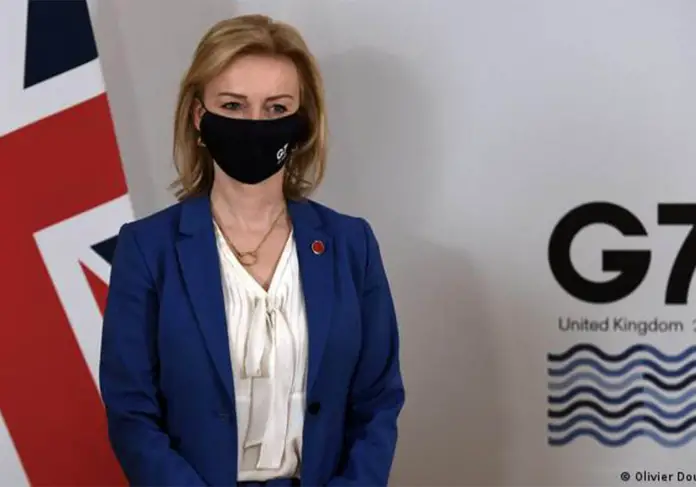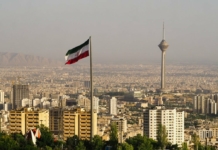United Kingdom Foreign Secretary Liz Truss has warned Russia of severe consequences if it invaded Ukraine, as G7 foreign ministers met in Liverpool to talk about the emergency, a week after a NATO warning to Moscow that any additional aggression against its neighbour would be costly.
According to reports in foreign media, the UK foreign secretary was hosting the G7 foreign ministers in Liverpool on Saturday and advised Moscow to restrain itself from invading Ukraine. She also urged other countries to avoid being dependent on Russian gas.
She said that the G7 summit would present a united front among agreeable powerhouse nations for a forceful stance supporting Ukraine against hostilities.
The meeting took place amid reports that Moscow is moving its army near its border with Kiev.
Truss said that an attack on Ukraine would be a tactical blunder with dire consequences for Russia. The US and NATO had earlier warned Moscow of severe consequences if it launched an attack.
Truss stated that she wanted to ensure that other countries would have a substitute for Russian gas resources.
She said in addition that in the short run, some nations had decided to access inexpensive fuel or low-cost funding, which had long-run consequences for independence and democracy. She warned against making that ‘mistake’ again.
The G7 is a summit of senior diplomats from the seven most industrialized countries in the world.
The meeting will be attended by ministers belonging to the Association of Southeast Asian Nations (ASEAN) countries for the first time, with special participation of South Korea, Australia, South Africa and India as desired by the UK.
Asian countries have been featured due to a change in UK’s foreign policy towards the Asia-Pacific and India following its exit from the European Union in 2020.
In addition to Russia, the issues of COVID vaccination, climate change, frictions in the Balkans, Afghanistan and North Korea will also be under discussion.







